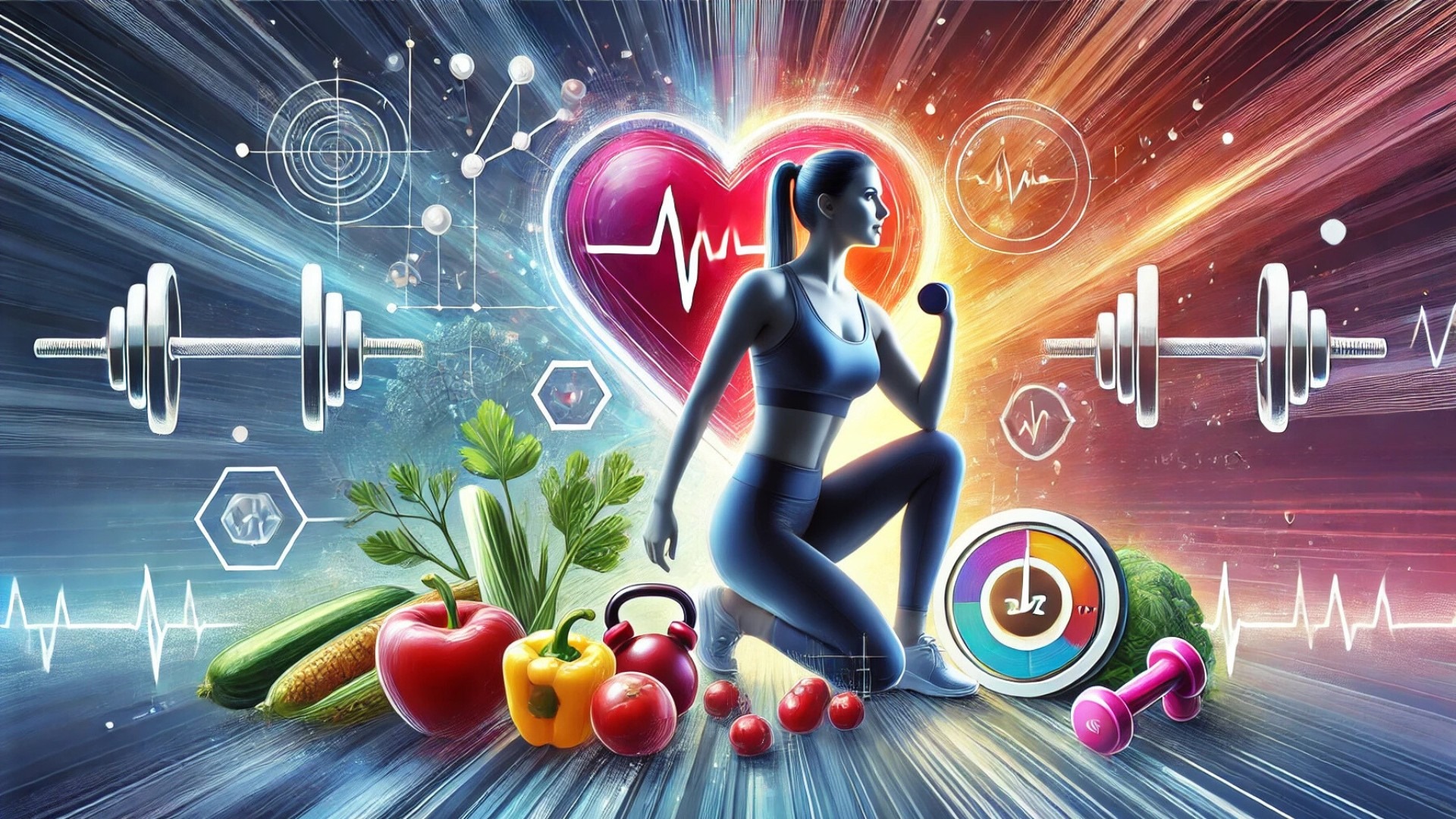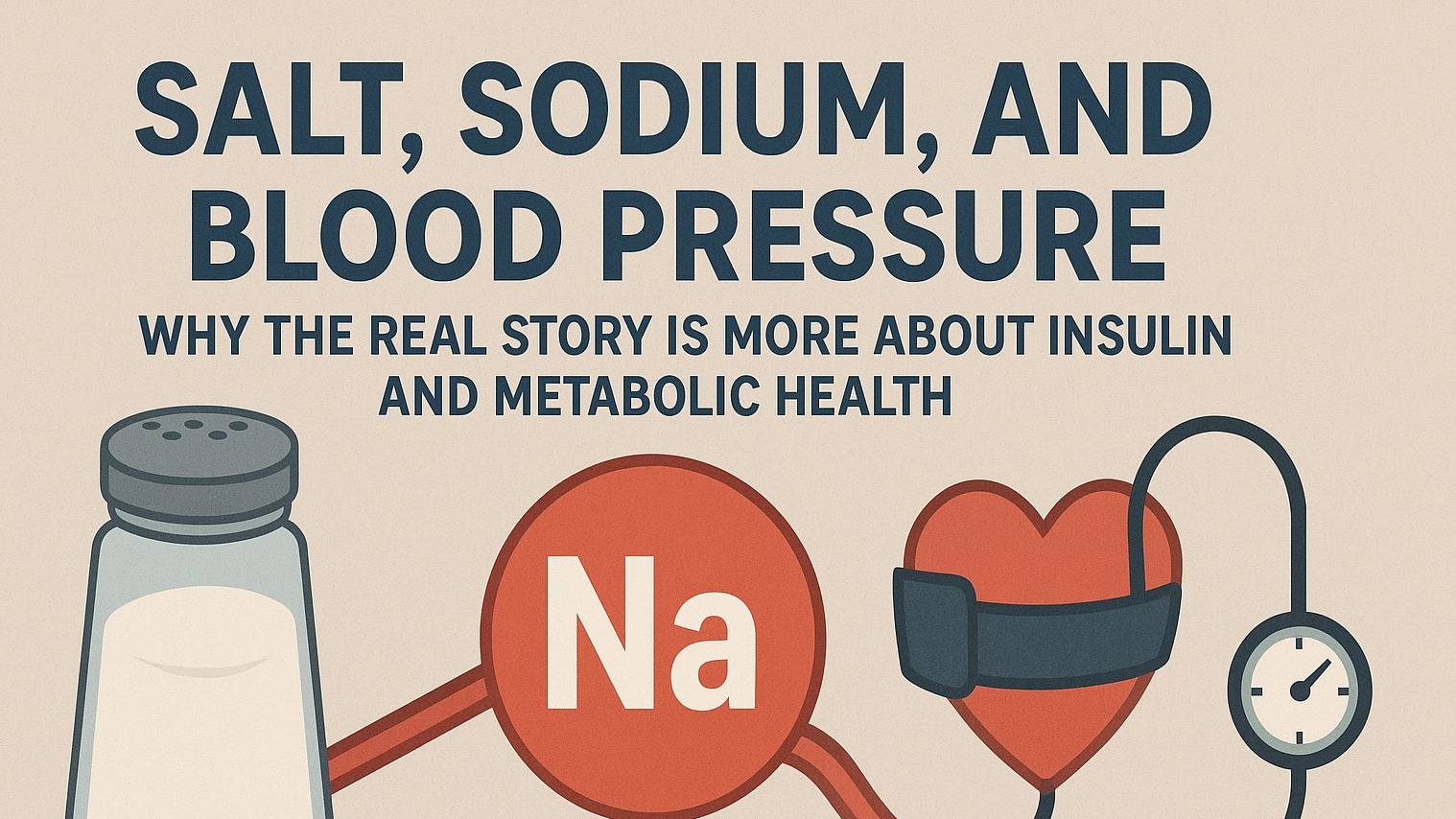
Body fat — often a top concern when it comes to health and fitness, especially for women who may face unique challenges due to hormonal differences, lifestyle factors, and metabolism. If you're struggling to lose fat and unsure where to start, here are effective, research-backed strategies designed to help you shred more fat right now:
1. Stay Hydrated, Stay Lean
Drinking plenty of water daily does more than just keep you hydrated. For women, hydration plays a key role in maintaining metabolic efficiency, reducing bloating, and even controlling hunger levels, which are influenced by hormonal fluctuations. Studies suggest that drinking water can boost your metabolism by up to 30% for about an hour after consumption. This means that, by simply staying hydrated, you're already increasing fat-burning potential. Fun fact: We’re made up of roughly 60% water, making it essential for mobilizing fat, lubricating joints, improving brain function, and flushing out waste. So, drink up!
2. Smart Snacking: Reduce or Revamp
For many women, snacking can become a hidden source of excess calories. It's easy to confuse hunger with thirst or boredom. When you do snack, aim for nutrient-dense options that satisfy cravings and nourish your body. Healthy snacks like nuts, fruits, or yogurt are great choices. Additionally, studies show that women are more likely to experience cravings, especially during the luteal phase of the menstrual cycle, making smart snacking even more crucial to fat loss.
Walk Off the Weight: Add 1,000 Steps
For women, a simple way to enhance fat loss is by increasing daily activity through steps. Adding 1,000 steps (just 10 minutes of walking) to your day can help you burn an extra 300-500 hidden calories a week. Walking improves circulation, aids digestion, and supports fat burning by keeping your body moving throughout the day. Aim for 7,000-10,000 steps per day to stay active, which can be particularly beneficial if you're balancing a busy schedule.
Lift Heavier Weights: Build Muscle, Burn Fat
Lifting heavier weights is key for women looking to lose fat and reshape their bodies. Contrary to the myth that lifting heavy leads to "bulking up," women tend to build lean muscle mass, which helps create a toned physique. Scientific research shows that increasing lean muscle mass boosts resting metabolism—meaning you burn more calories even while at rest. The more muscle you have, the more efficient your body becomes at burning fat, both during workouts and recovery.
Prioritize Protein Post-Workout
Consuming protein after a workout enhances recovery, repairs muscle, and increases satiety, making you feel fuller longer. Aim to increase your daily protein intake by about 40 grams, especially after exercise, to fuel muscle repair and boost fat loss. Research suggests that protein has a high thermic effect, meaning your body burns more calories digesting it compared to fats and carbs. For women, ensuring adequate protein intake is critical to supporting metabolism and muscle maintenance during fat loss.
Why Is Fat Loss Important for Overall Health?
Excess body fat can increase the risk of several health conditions, including heart disease, diabetes, and certain cancers. For women, hormonal health is closely tied to body fat percentage, with too much fat contributing to insulin resistance and imbalances in estrogen levels. Maintaining a healthy fat-to-muscle ratio improves cardiovascular health, stabilizes hormone levels, and supports long-term wellness. By incorporating these strategies, you can take control of your fat loss and start feeling better both inside and out!
These are easy-to-implement, science-based strategies to help you start burning fat right away, designed to fit seamlessly into your routine. Start small, build consistency, and watch the results follow!
 Add Row
Add Row  Add
Add 










Write A Comment